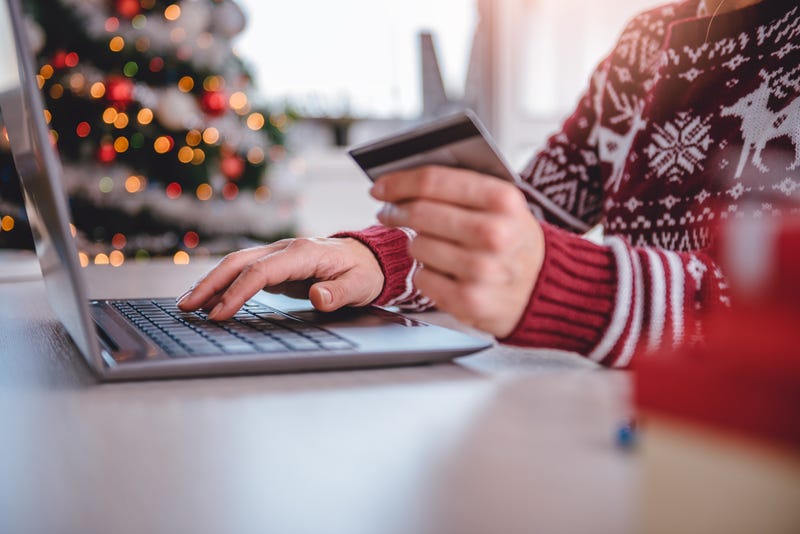
On Cyber Monday, the Better Business Bureau is warning online shopping fraud has become "one of the top scams" the organization is following. BBB says online shopping scams have cost people $380 million so far in 2022.
In 2021, BBB says online shopping fraud reached an all-time high. The organization says the number of reports has dropped this year, but the total amount of losses has increased.
"We created those online shopping habits, and they're here to stay," says the Better Business Bureau's Monica Horton. "It's easy and convenient for consumers to shop online. We just want to make sure they're aware fraud is out there."
Horton says some of the most popular items for Christmas gifts are also some of the most likely items that lead to scams.
"We have seen puppies as number one. Number two is electronics," she says.
Horton says people running fake businesses are now buying more advertising on social media sites, so she warns people against clicking on an ad while scrolling through a timeline absentmindedly.
"They look credible at first," she says. "They will have stolen logos, pictures and that sort of thing, but you really need to scrutinize that website before you plug in your payment information."
She says people should research a website before buying something from an ad on social media.
In some cases, Horton says phony websites will ask people to pay using a cash app like Venmo or Zelle instead of a credit card.
"The cash apps, those are not traceable," she says. "A lot of times, if you pay using those methods, you are not going to get your money back. It's just like using cash."
Horton says, even if you do use a credit card, a fake company will take steps to delay a report to the credit card company.
"They will string you along until you're outside the timeframe to dispute that charge," she says. "Or in some situations, they'll say, 'Yeah, sure, we'll refund that money back. They just need to send the merchandise back.' Then sometimes, it costs more to send the merchandise back than what you actually paid for it, so they get by with it that way."
Horton urges people to report issues to the Better Business Bureau's Scam Tracker to get the word out to prevent other people from having the same issue.
Some common warning signs:
• Prices that are too good to be true.
• Websites that look legitimate but credibility falls apart with scrutiny.
• Credit card payment failure leads the seller to ask for payment over cash-sharing apps like Zelle and Venmo or with gift cards.
Scammers target three key moments in the shopping process, according to BBB's Scam Tracker:
• Before the purchase, consumers may encounter advertisements for scams on social media.
• While shopping, shoppers may be enticed by artificially low prices or fake websites.
• After the purchase, fraudsters send fake tracking information and request more money for safe delivery.
BBB recommendations for researching online retail sellers:
• Check BBB.org for BBB Business Profiles and consumer reviews.
• Search for online reviews.
• Review the website’s URL for misspellings or other errors.
• Examine the URL with Google's Transparency Report tool.
• Use a map app to verify the business' address.
• Make sure you can pay by credit card, which offers the most protection against loss.
• Treat a social media or email ad with suspicion until you have investigated the company behind it.


